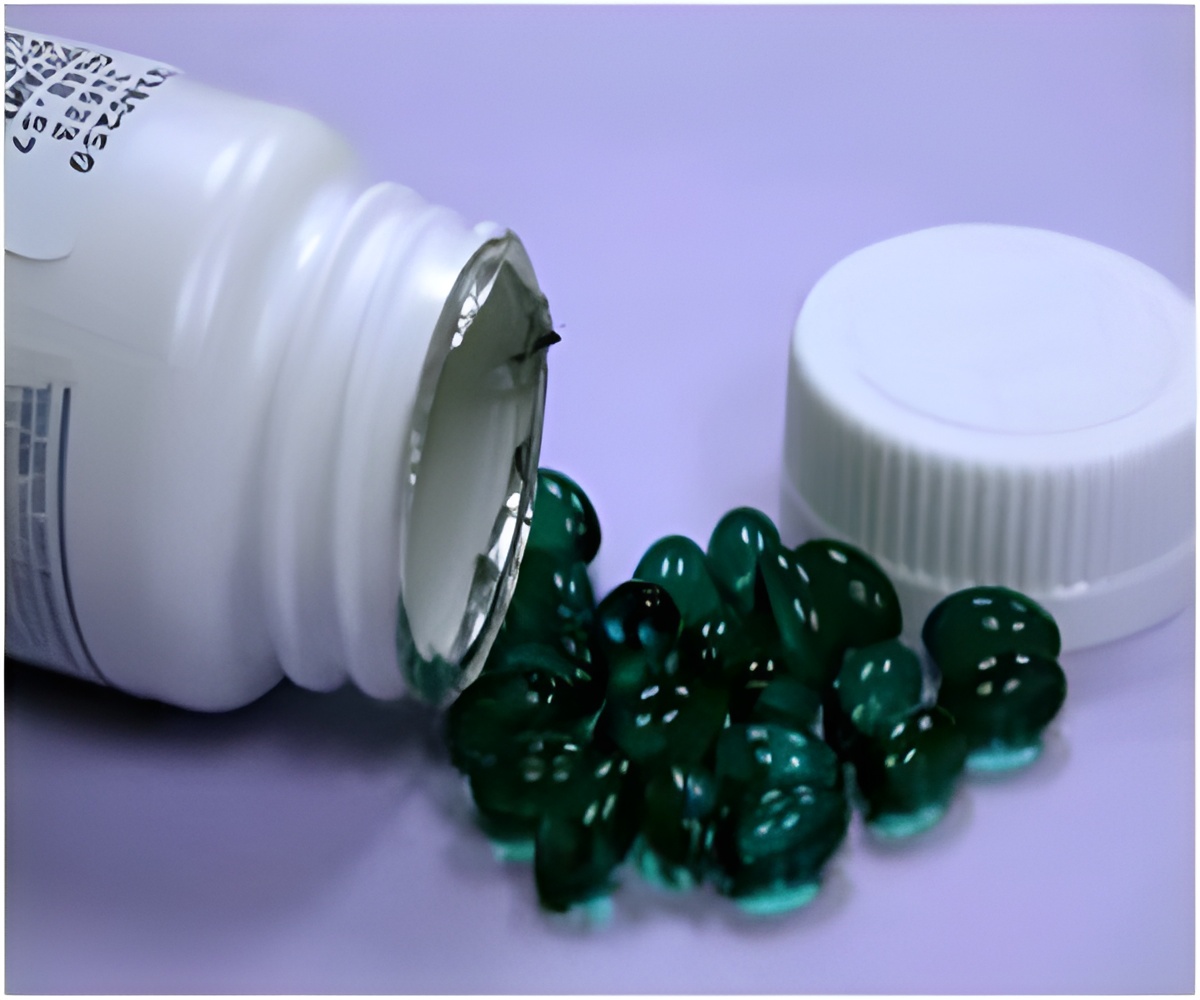The development of drugs for brain-related conditions is not an efficient process; only 8% of candidate drugs that enter clinical trials gain FDA approval. A key reason for this low success rate is a lack of preclinical tests that accurately predict drug efficacy and detect unwanted side effects. But now, Jeremy Nathans and colleagues, at Johns Hopkins University School of Medicine, Baltimore, have developed a new preclinical approach that they hope can be used alongside current strategies to guide more efficient drug development for brain-related conditions.
In the study, Nathans and colleagues show that a wide variety of psychoactive compounds — sedatives; antipsychotic, antidepressant, and antiseizure drugs; and drugs of abuse, such as cocaine, morphine, and phencyclidine — induce characteristic alterations in eye movements in mice and that monitoring these changes can be used to rapidly and quantitatively assess the response of mice to these compounds. An example of the utility of this approach was demonstrated by its use to monitor disease progression in a mouse model of the neurodegenerative condition Huntington disease; the results suggest that it could be used to assess the effectiveness of candidate Huntington disease therapeutics.
Source-Eurekalert
